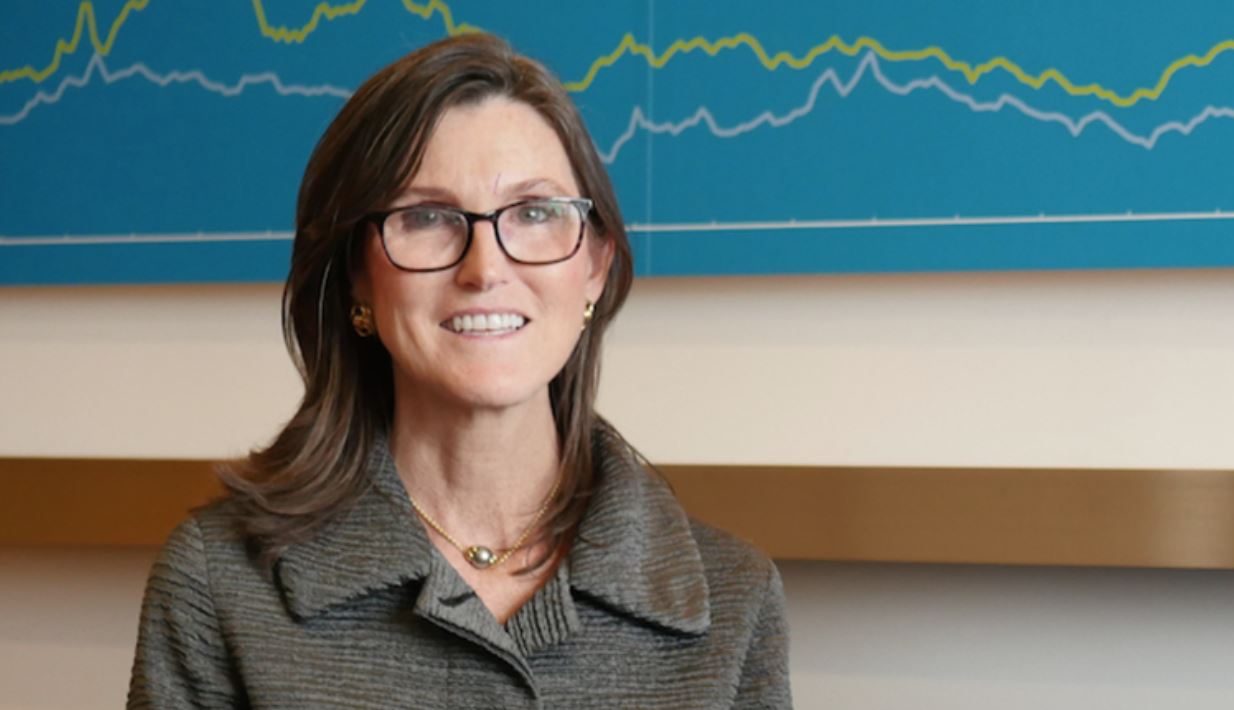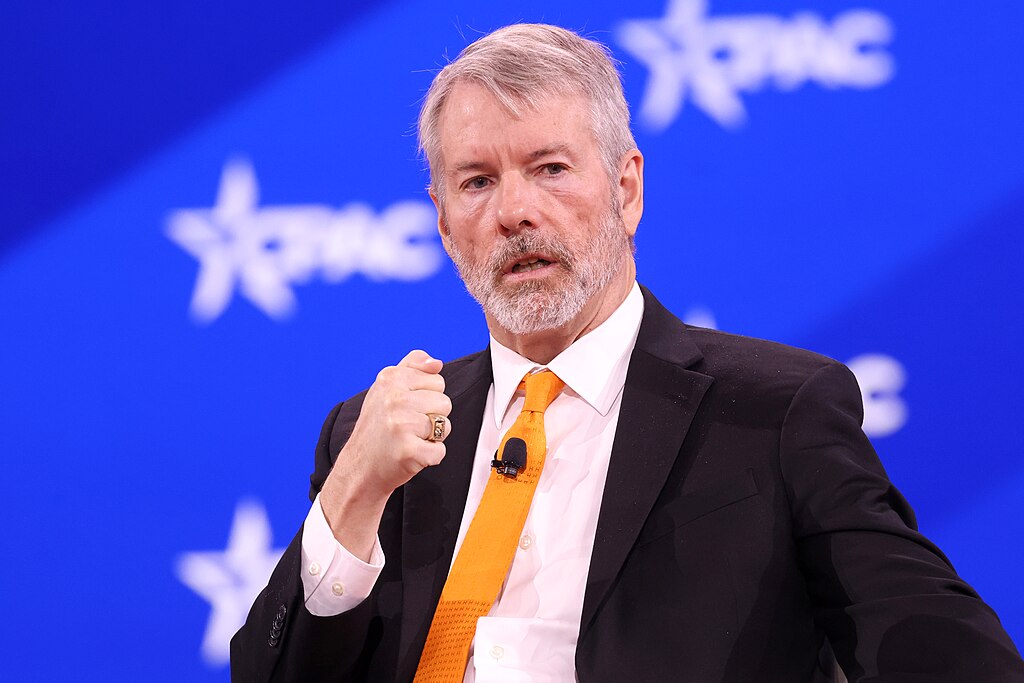Singapore and the United Arab Emirates (UAE) have emerged as global leaders in cryptocurrency adoption, according to a new ApeX Protocol report. Singapore secured the top position with a perfect composite score of 100, while the UAE followed closely with 99.7, reflecting the rapid growth of digital assets across both nations.
In Singapore, 24.4% of the population now owns cryptocurrencies, more than doubling the 11% recorded last year. This surge is supported by unmatched crypto-related search activity—around 2,000 queries per 100,000 residents, the highest globally. Analysts credit Singapore’s clear regulatory frameworks, including licensing for digital payment token services and stricter consumer protection rules, as key drivers of trust and adoption. Combined with its strong fintech ecosystem, these measures have positioned Singapore as a leading hub for digital finance in Asia.
The UAE, ranking second, has seen cryptocurrency adoption soar by over 210% in recent years, with 25.3% of its population holding digital assets. Dubai and Abu Dhabi have become global centers for crypto businesses, supported by progressive regulations such as Dubai’s Virtual Assets Regulatory Authority (VARA). The nation’s appeal is strengthened by its role as a financial hub, high remittance flows, and a large expatriate community, making it fertile ground for blockchain innovation and cross-border payment solutions.
The United States ranked third with a composite score of 98.5, boasting over 30,000 crypto ATMs and a 220% adoption increase since 2019. Canada followed in fourth place, showing the fastest growth rate at 225% and maintaining more than 3,500 ATMs. Turkey secured fifth, with 19.3% of its population holding digital currencies, signaling strong grassroots interest despite economic volatility.
Other notable markets include Germany, Switzerland, Australia, Argentina, and Indonesia, where improving infrastructure and regulatory clarity are accelerating adoption. The study underscores a broader global trend: digital assets are shifting from niche investments toward mainstream financial tools, supported by rising public trust and regulatory progress.
























Comment 0